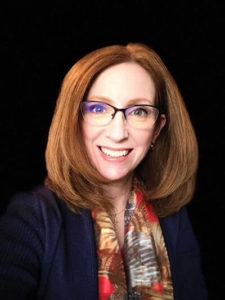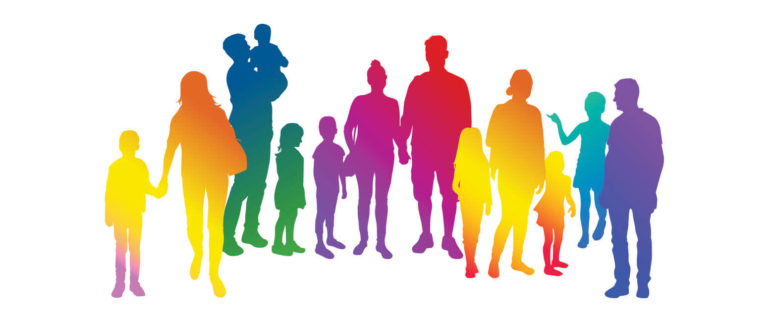April is National Child Abuse Prevention Month
More than 30,000 volunteers, clergy, religious and employees in the Archdiocese of Baltimore were cleared after submitting to a criminal history screening in reporting year 2018 (July 2017 to June 2018).
A collaboration between the archdiocesan Office of Child and Youth Protection and the approximately 180 parish and school screening coordinators around the archdiocese – at least one for every community – are responsible for that impressive number.
“The screening coordinator really helps the pastor make sure the parish or school is doing what they need to do,” said Jerri Burkhardt, director of the Office of Child and Youth Protection.
Some dioceses have screenings coordinated solely by the central office, Burkhardt said, but having coordinators in the communities is the best way to get to know the volunteer corps on a personal level, in a way that cannot be done from one central location.
“It’s very important to me and (Archbishop William E. Lori) that people at the parish level are invested in keeping the children safe,” Burkhardt said. “It’s important that the people in the parish know the pastor and parish are committed, and they see that through this agent – the screening coordinator.”
That person, she said, is a symbol of the archdiocesan and parish commitment to child protection.
“I truly respect and appreciate the work that is done at the parish level,” Burkhardt said, adding that without it, screening as many people as are screened now would not be possible.
Screening coordinators’ responsibilities include ensuring that all parish personnel have completed the Office of Child and Youth Protection requirements before serving at the parish; guiding staff and volunteers through the screening and training processes; checking screening references; and maintaining records. Much of this is done through VIRTUS, the compliance management system adopted by the archdiocese in 2017.

Gracemarie Jeter, the screening coordinator for St. John the Evangelist Parish and School in Severna Park, has an acute awareness of the importance of creating a safe environment for not only children, but all those who are vulnerable, including the elderly and those with disabilities. Her background includes eight years as a special agent for the United States Secret Service.
“I like knowing that everyone’s been vetted,” Jeter said, speaking also as a member of the parish community. “It’s not a perfect system, of course, but it’s a step in the right direction.”
Since June 2017, Jeter has gone above and beyond trying to help the faithful of Severna Park get screened. She brings in senior citizens, who might have difficulty with VIRTUS, an online program. While incoming school students are completing testing, Jeter opens the computer labs, giving parents an opportunity to complete VIRTUS.
Already a catechist in faith formation, she knows what one can gain by getting involved in parish ministries.
“I just feel that everybody at the parish should be involved in at least one ministry,” Jeter said. “I try to get everybody involved and help them through the (screening) process.”
The parish strives to get all volunteers screened, even the ones who do not work specifically with children.
“If they’re already approved, they can easily try out another ministry,” Jeter said. “I feel like I’m the gateway to the ministries.”
At Monsignor Slade Catholic School in Glen Burnie, Kathie Sullivan has been organizing child and youth protection since 2002, when screening first became part of every archdiocesan school’s procedures.
At the beginning of the year, Sullivan spends about half of every day focused on child protection duties – verifying references, making sure volunteers complete VIRTUS and maintaining a list of cleared volunteers for field trips, fundraisers and anything else that might bring them in contact with the students.
“We’ve got to make sure that we protect our children,” Sullivan said.
Since its inception, Sullivan said the requirements have largely stayed the same. In the beginning, the process used to begin on paper – now, it is all online, making it easier and quicker, she said.
Connie Beam said that in her six years as screening coordinator for Our Lady of Hope-St. Luke School in Dundalk, most everyone she encounters understands the process. It is no longer out of the ordinary for volunteers working with children in any venue to be screened, she said.
“It makes sure the people coming into contact with our students are safe people for them to be around,”Beam said.



